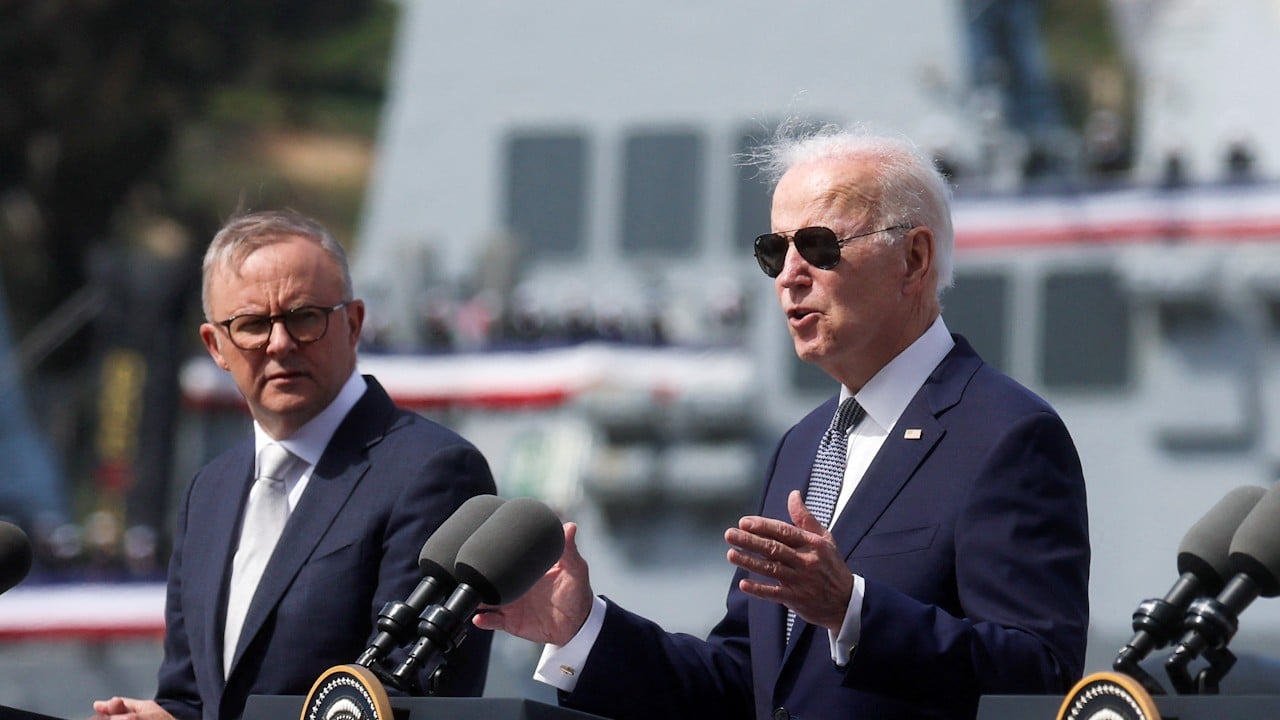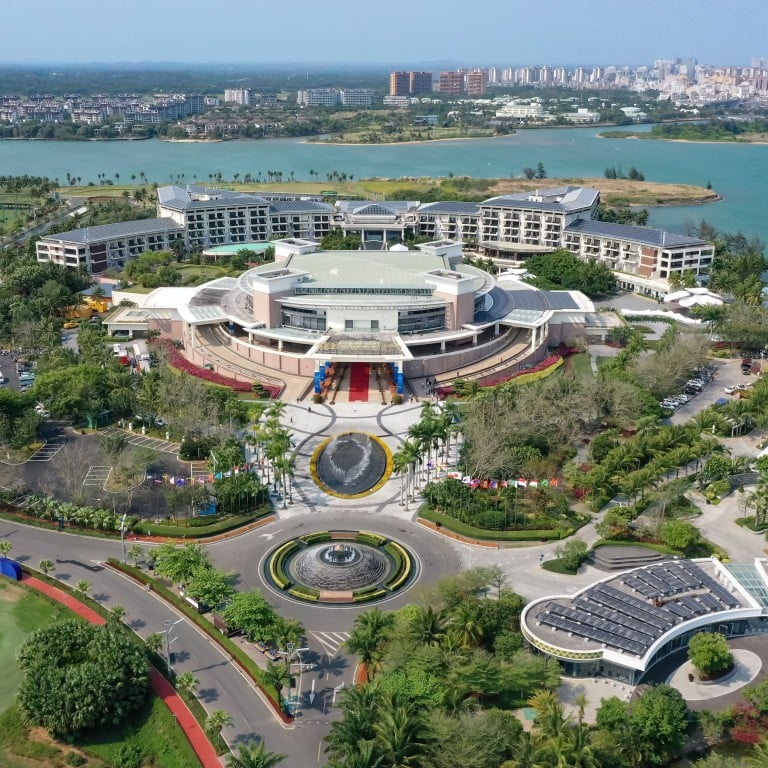
Boao Forum: Singapore, Malaysia to showcase ‘proactive’ China diplomacy – but don’t expect any ‘fireworks’
- Analysts say trade and investment will be the main thrust of the visits to China this week by Malaysia’s Anwar Ibrahim and Singapore’s Lee Hsien Loong
- Singapore is likely to highlight its own neutrality and Asean’s centrality, while Malaysia may tilt more to Beijing as it prioritises economic issues
Singaporean PM Lee Hsien Loong kicks off China visit, set to meet Xi
“The visits will undeniably highlight cooperation in the economic realm given China’s position as a top trading partner of Southeast Asia. However, discussions on peace and stability will most likely be another focus of the trips,” said Don McLain Gill, South and Southeast Asia director at the Philippine-Middle East Studies Association.
Lee is set to deliver a speech on Thursday at the opening plenary of the Boao Forum, held in China’s southern Hainan province. Anwar will arrive in China on Thursday for the forum and is also expected to speak to students at Tsinghua University in Beijing.
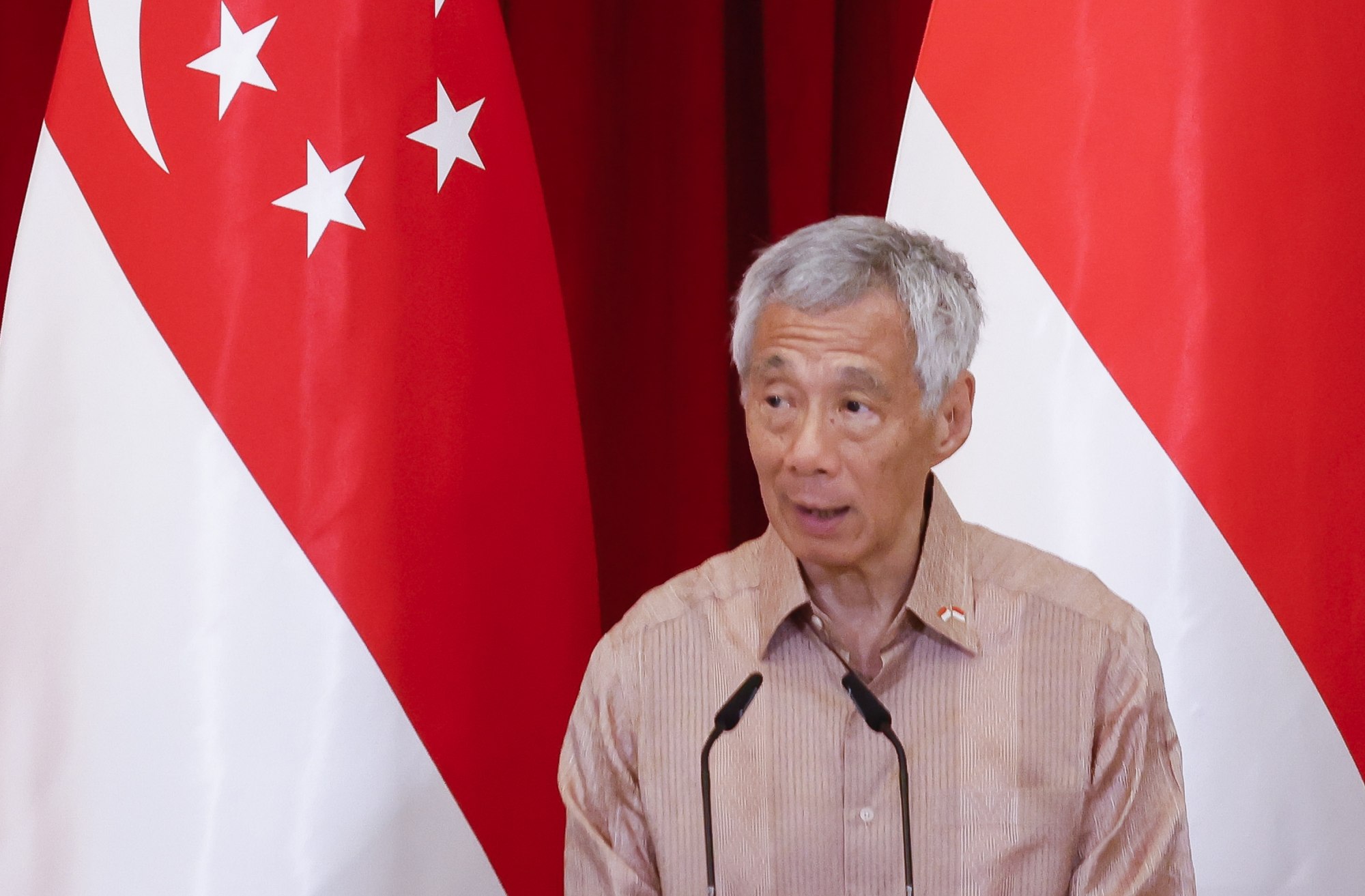
“[They are unlikely] to get drawn on specific issues related to geopolitical tensions between the US and China,” Mumford said, noting that Singapore would be keen to show that it remained geopolitically neutral, while maintaining close ties with both the US and China.
As for Malaysia, Mumford said it remained to be seen whether Anwar, who was previously noted to be friendlier towards the West as compared to his predecessors, would take a different approach.
“But his administration’s negative reaction to the recent Aukus announcement, even if slightly softer than the previous Malaysian government’s reaction, shows he is also eager to please Beijing,” Mumford added.
Dylan Loh, an assistant public policy and global affairs professor at the Nanyang Technological University in Singapore, said US-China ties were likely to be the focus of this week’s meetings.
The role of the Association of Southeast Asian Nations was also expected to be underlined, he said, as the regional bloc had long-standing economic and security ties with China and the US.
While both leaders could touch on the importance of stable rules governing international interactions and disputes, Chong said they might limit their discussions as “Beijing sometimes reads such language as possibly supporting a greater role for Washington in East Asia”.
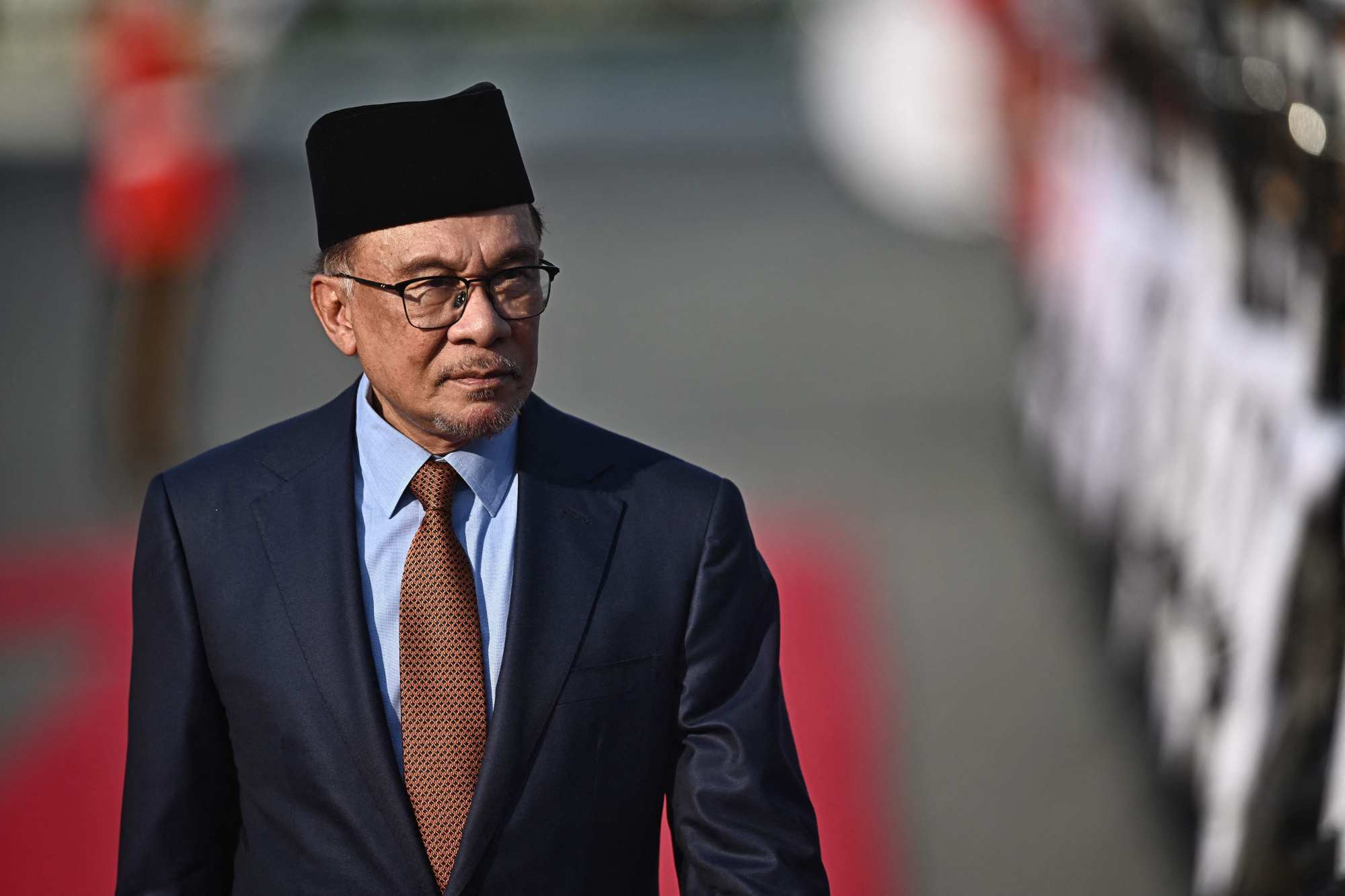
Analysts said Anwar’s priorities for the meetings would be on economic issues, and building on the already substantial trade and investment relations with China.
“We welcome more investments from China, we look forward to selling more products and services to China,” said Oh Ei Sun, a senior fellow at the Singapore Institute of International Affairs.
From January to November last year, China-Malaysia bilateral trade rose 18.5 per cent on a year-on-year basis, reaching US$184.75 billion, while Chinese investment reached US$11 billion in the first half of 2022, accounting for 55.6 per cent of Malaysia’s total foreign direct investment, according to official statistics from the two countries.
There is a “desperate need” in Malaysia for greater investment to boost employment opportunities and strengthen the government’s performance legitimacy, according to Tunku Mohar Mokhtar, assistant political science professor at the International Islamic University Malaysia.
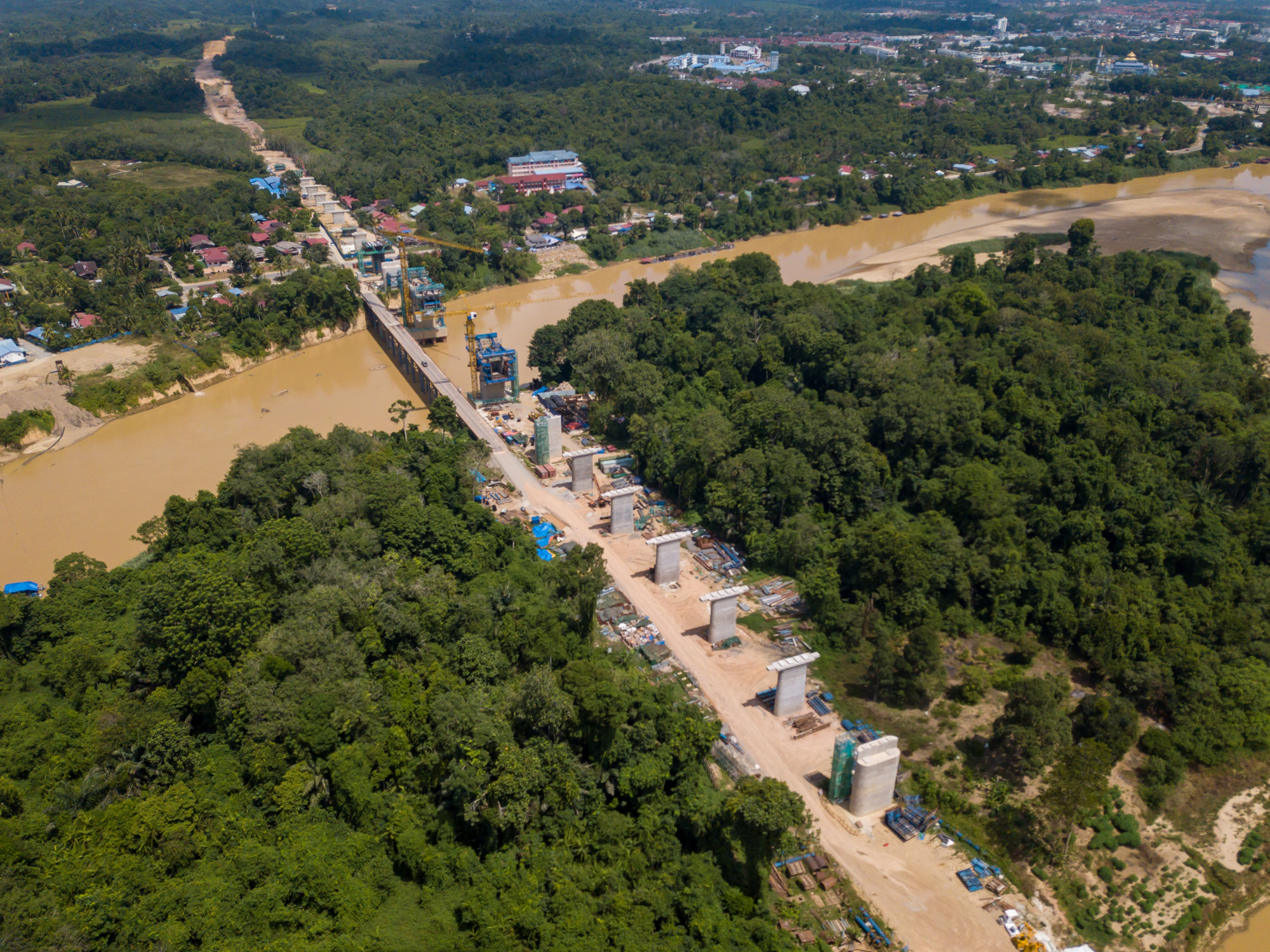
Beijing was also likely to push for China-backed projects in Malaysia to proceed, although “regional observers are looking very closely at this, because China will need to build on its [pandemic-hit] economy”, Oh said.
The mega East Coast Rail Link, part of the Belt and Road Initiative, aims to improve travel between the Chinese mainland and Southeast Asia by linking the southern provincial capital of Kunming in Yunnan to Laos’ capital Vientiane, before continuing on through Thailand, Malaysia and Singapore.
An initiative to boost collaboration in hi-tech industries saw the development of the China-Malaysia Qinzhou Industrial Park in Guangxi and the Malaysia-China Kuantan Industrial Park in 2012 and 2013 respectively.
China’s zero-Covid effect on Malaysia ‘manageable’, say analysts
“It’s unlikely that Malaysia will make public a strong position on any issue that might offend Beijing. Malaysia has always been pragmatic when dealing with geopolitically sensitive issues,” said Adib Zalkapli, Malaysia director for BowerGroupAsia, a consulting firm specialising in the Asia-Pacific region.
“[Given] Anwar’s pro-Asean posture, he will emphasise the need for a secure and peaceful region,” Tunku Mohar added.



